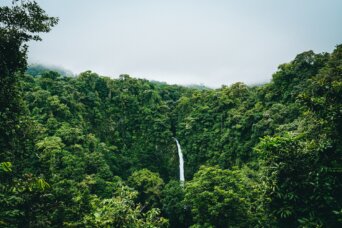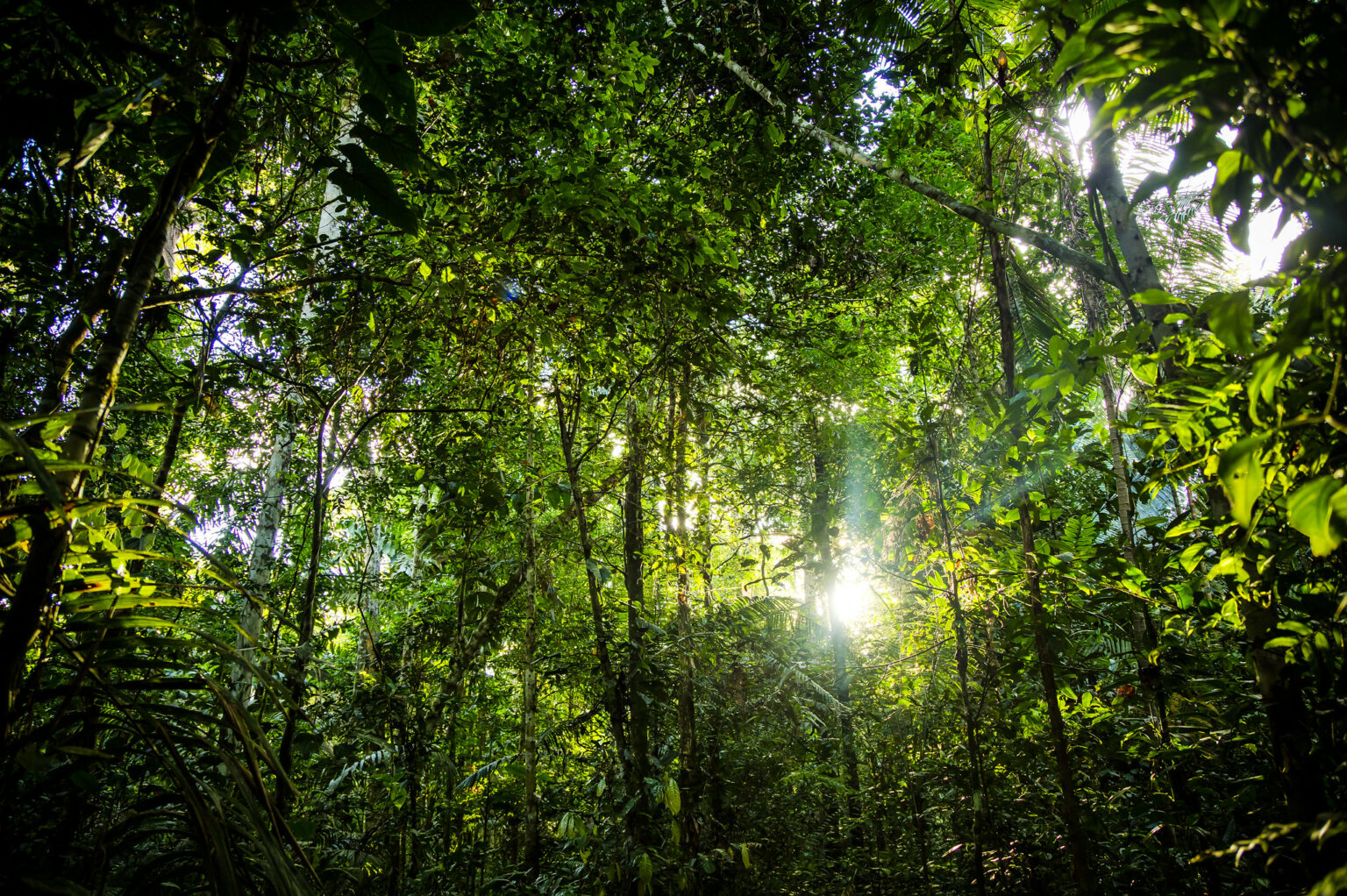- About
- Topics
- Picks
- Audio
- Story
- In-Depth
- Opinion
- News
- Donate
- Signup for our newsletterOur Editors' Best Picks.Send
Read, Debate: Engage.
| topic: | Election |
|---|---|
| located: | Costa Rica |
| editor: | Ellen Nemitz |
Costa Rica's election came to an end on 3 April after a process that began with 25 candidates, none of whom reached the 40 percent benchmark of necessary votes to win in the primary round. In February, the then-ruling Citizens’ Action Party received less than one percent of votes, a clear sign that the population was longing for change. But what kind of change will Costa Rica truly achieve?
Marked by a voter absence of over 42 percent, nearly 53 percent of present voters chose the right-wing and neoliberalist Rodrigo Chaves, a former World Bank economist, over former-president José María Figueres Olsen, who was the favourite in the first round (receiving 27.26 percent against 16.70 percent for Chaves). In his first speech after the final results, the newly-elected president asked for support from all to overcome several of challenges he is about to face.
Even before the second round, America's Quarterly had already drawn the picture of Costan Rican priorities, which include fixing the economy, combating poverty and inequality and strengthening the country's leadership amid its Central American neighbours, many of which are struggling with authoritarianism and weak democracies. In addition, his campaign focused on tackling corruption, which was rampant in previous administrations.
Nonetheless, an analysis published by the BBC shows that Chaves' campaign spent more time attacking the other candidates by using "populist and sexist elements" and "even jokes with a sexual connotation" - he has been accused of sexual harassment when working at the World Bank, as well. Moreover, Chaves has been criticised for his attacks aimed at the press.
Although the campaign website does not warrant a good administration, defeated Figueres' project flared detailed plans for human rights, socio-economic development and also environmental protection (in which Costa Rica has already an outstanding trajectory). "Economic growth must be [based on] lowering carbon emissions. It must be, therefore, [done] in a responsible, green direction with the environment, powered by renewable energies of our country" he affirmed during a campaign speech.
While Figueres dedicated 42 pages to the ’Environment and Energy Work Plan’, Chaves has given almost no attention to the environmental agenda. He actually posed a few "green" goals, but most of them were lacking actual plans for achieving them. In a review of candidacies under a climate lens, the environmental communicator Sam Goodman affirmed that Chaves did not clearly address the oil and gas issue in his government plan and put himself against the Escazu Agreement, in effect since 22 April 2021. As for the fisheries, an area in which Costa Rica has just advanced by committing to enlarge the sea protection areas, Chaves was elusive, Goodman writes. Besides, the politician defends carbon credits as a way of fulfilling the decarbonisation plan approved in 2019, which is a placebo for emissions since it does not really address the problem.
Goodman also fears that Chaves could threaten the green reputation shown off by Costa Rica. "While Figueres does not represent a big change from the current administration on most key environmental issues, it is far from clear whether Chaves will adopt a green agenda in the future. A Chaves government together with the right-leaning Legislative Assembly could take Costa Rica to a very different path."

